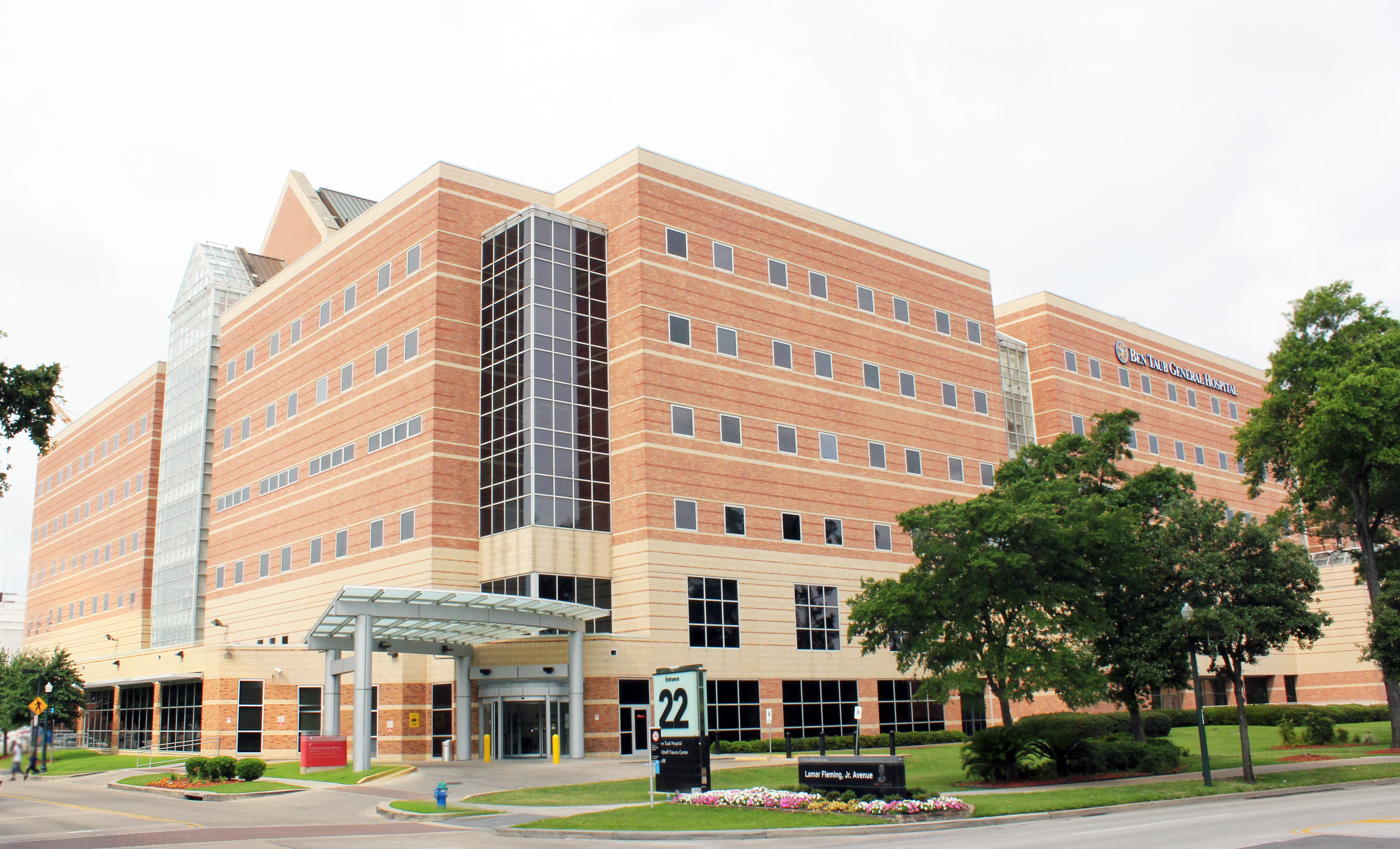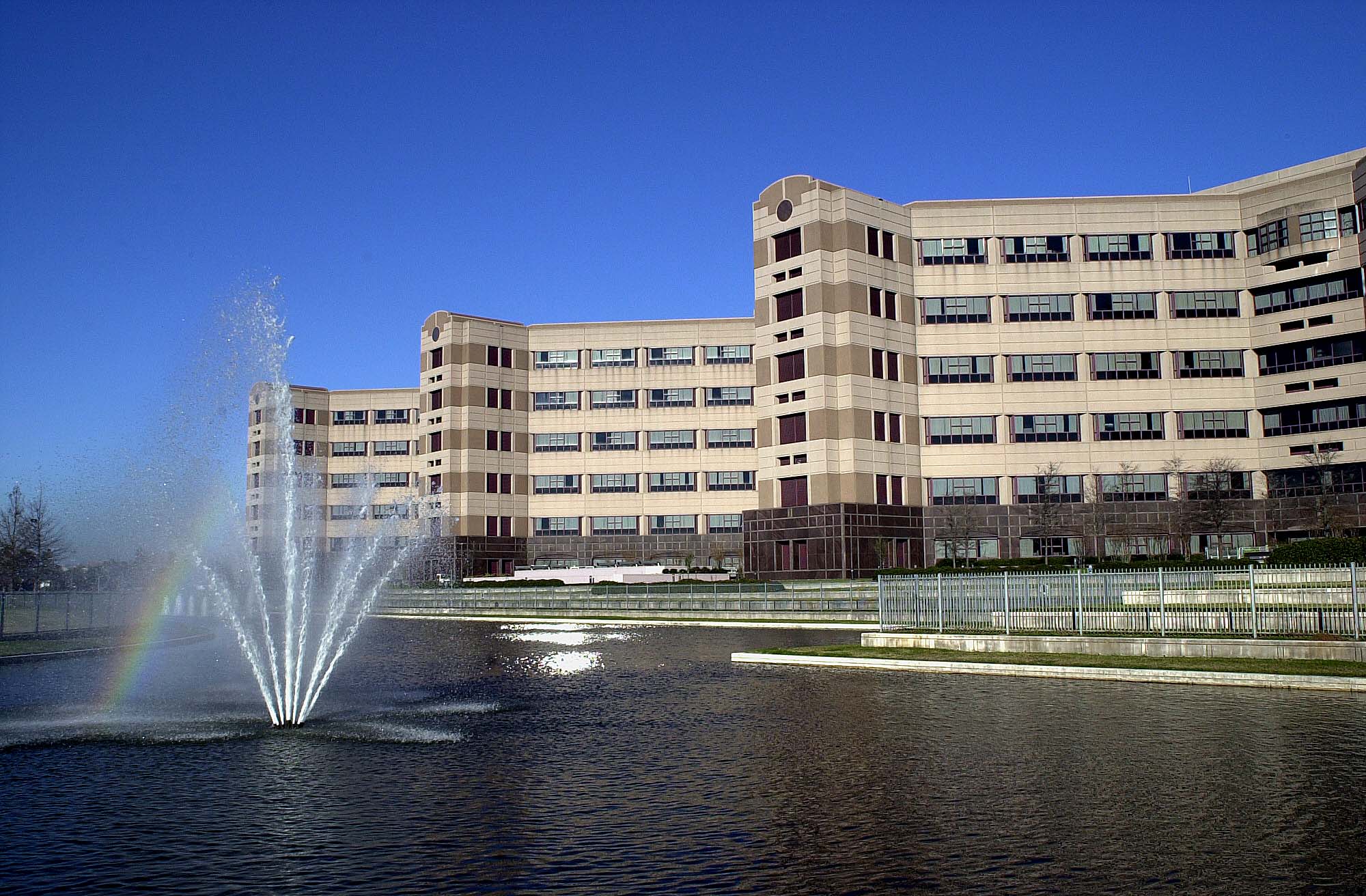Program Overview
Our fellows develop a high level of competence in providing care for patients with hematologic and oncologic diseases. The cornerstone of our hematology and oncology training here at Baylor College of Medicine is the rich clinical experience embedded in our four clinical affiliate hospitals that each cater to a unique patient population. This broad exposure to a wide array of hematology and oncology patients, coupled with the autonomy built into our continuity clinic experiences in the Harris Health System and the Veterans Affairs Medical Center, ensures that our fellows are fully equipped to care for patients with all backgrounds and pathologies upon matriculation from our fellowship. The three-year fellowship curriculum is guided by the American Board of Internal Medicine and the Accreditation Council for Graduate Medical Education. We strive for a balance involving the care of hospitalized patients, consultations and ambulatory care.
The first two years of training are devoted to clinical training. The third-year provides the opportunity for protected research time for aspiring academicians while preserving the clinical experience for the aspiring master clinician. Numerous training programs are available through the Dan L Duncan Comprehensive Cancer Center, including T32 grants in Cell and Gene Therapy and Breast Oncology, as well as the Cancer Prevention and Research Institute of Texas Comprehensive Cancer Training Program.
Teaching Hospitals

Baylor St. Luke’s Medical Center is an 850-bed quaternary care facility that is home of the Texas Heart Institute, as well as the Transplant Programs for heart, kidney, liver and lung. Our fellows rotate on both inpatient hematology and oncology consultation services.

Ben Taub Hospital is a 586-bed Level I trauma center that provides acute care to Harris County residents. Our fellows rotate on the primary oncology service that is also responsible for consultations, as well as the inpatient hematology consultation service. In addition, our fellows provide ambulatory care, often through their continuity clinics, to patients with solid tumors, as well as both benign and malignant hematologic diseases.

The Michael E. DeBakey VA Medical Center provides primary health care to nearly 130,000 veterans in Southeast Texas. The largely older population provides an ideal platform for education in geriatric oncology. Though the fellows rotate on inpatient hematology and oncology services, the greatest learning value lies within the outpatient clinics in the Cancer Center, coupled with the superb didactic sessions led by the VA hematology/oncology faculty.

The Methodist Hospital is home of the adult Stem Cell Transplantation Program of the Center for Cell and Gene Therapy at Baylor College of Medicine. Our fellows participate in stem cell harvests. They follow patients upon administration of the conditioning regimen and throughout the hospital course. Our fellows also manage patients receiving adoptive cell therapy. They also obtain exposure to the continuity care of these patients in the outpatient setting following engraftment.
Tracks
At Baylor College of Medicine, we take pride in the rich clinical experience that our fellows receive in the heart of the Texas Medical Center. All fellows will complete two years of clinical training amidst our four affiliate institutions. We feel that this is essential in providing broad and extensive training to aspiring dual-boarded hematologists and medical oncologists. For the aspiring academician, early mentorship will allow the fellow to successfully conduct research and scholarship during the clinical years. The third-year offers an opportunity for protected research time for the physician-scientist, clinical investigator tracks, and physician educator tracks while maintaining a less intensive clinical experience for the master clinician track.
We offer four tracks:
- Physician-Scientist
- Clinical Investigator
- Physician Educator
- Master Clinician
Mentorship Program
At the start of fellowship, each fellow is queried about career goals and interests and assigned a faculty member to serve as his/her career mentor. The purpose of the mentorship program is to:
- Provide individualized faculty support to our fellows throughout training
- Initiate career planning from the start of fellowship training
- Promote scholarly inquiry/activity throughout fellowship
- Provide direct accountability for the mentee
- Facilitate networking with other mentors based on interests (e.g., research mentors)
- Initiate research projects early during fellowship for fellows interested in academic medicine
An orientation is held at the beginning of the academic year to provide guidance and a framework for the mentor and mentee.








